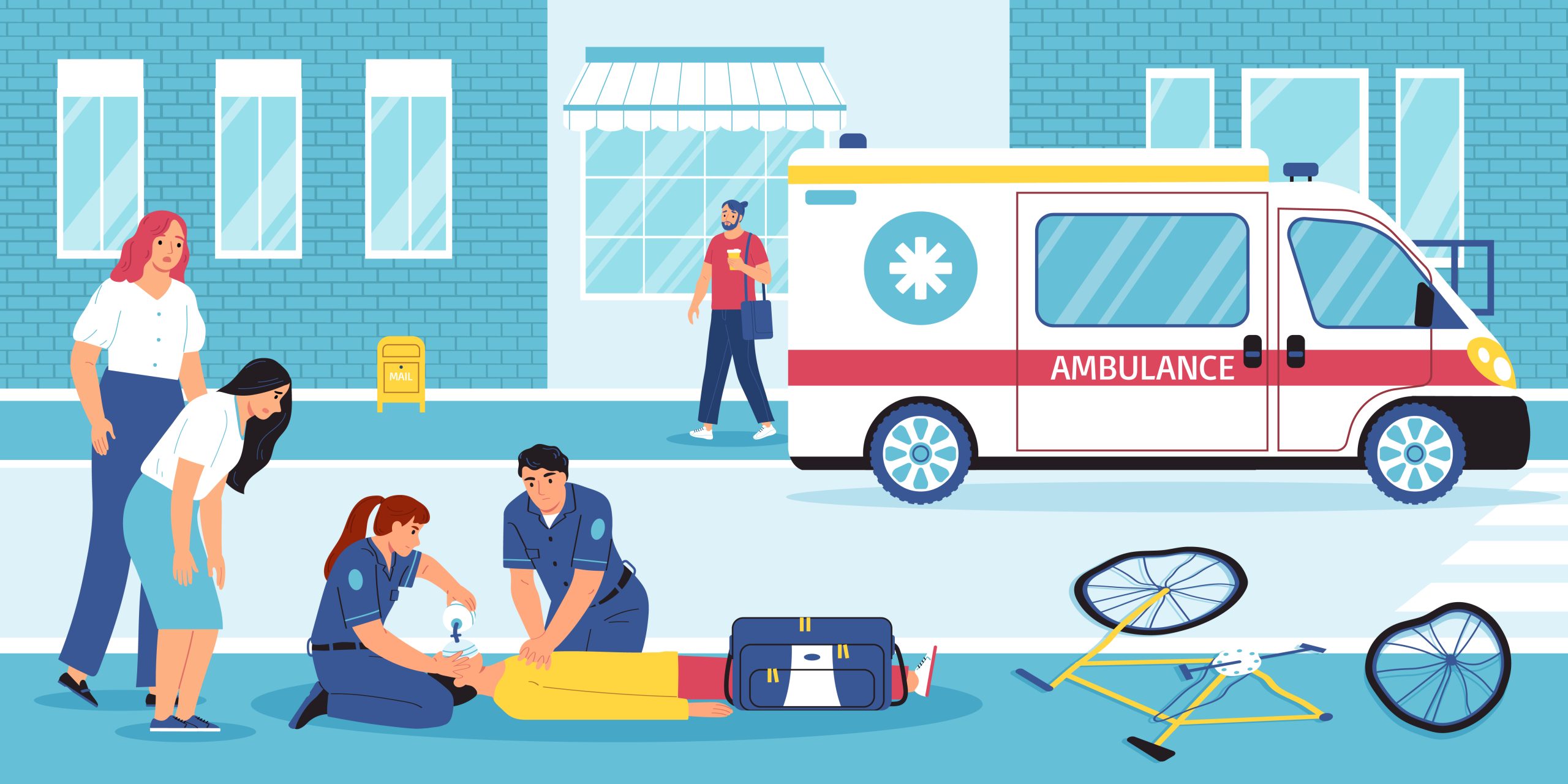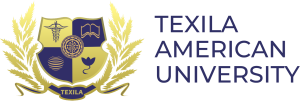Essentials of Emergency Medicine
Instructor
Admin
11
Students
enrolled
- Description
- Curriculum

Course Overview
This course is designed to develop the knowledge, clinical reasoning, and procedural competencies required to respond to emergency medical situations. Emphasis is placed on trauma care, advanced cardiovascular life support (ACLS), triage systems, and airway management. The programme integrates didactic instruction with simulation-based practical training to ensure readiness for real-world emergencies.
Course Objectives
At the conclusion of the course, learners will be able to:
- Explain the structure and operational principles of emergency care systems including triage and patient flow.
- Perform primary and secondary assessments in trauma cases and initiate evidence-based interventions.
- Apply ACLS algorithms in adult cardiac arrest scenarios including pharmacological interventions and defibrillation.
- Demonstrate effective airway management using basic and advanced techniques.
- Collaborate with interdisciplinary teams under high-pressure scenarios maintaining patient safety and clinical accuracy.
Course Outcomes
Upon successful completion of the course, learners will be able to:
- Describe the key components and functional dynamics of emergency care systems, including triage protocols and patient flow mechanisms.
- Execute structured primary and secondary trauma assessments and initiate appropriate, evidence-based interventions.
- Utilise advanced cardiovascular life support (ACLS) algorithms effectively in adult cardiac arrest situations, incorporating correct pharmacological and defibrillation procedures.
- Operate airway management tools proficiently, applying both basic and advanced airway techniques to ensure optimal ventilation.
- Integrate professional roles within interdisciplinary teams during critical emergencies, ensuring accurate clinical responses and prioritisation of patient safety.
Module 1
Module 2
Module 3
Module 4
Module 5
Module 6
Module 7
